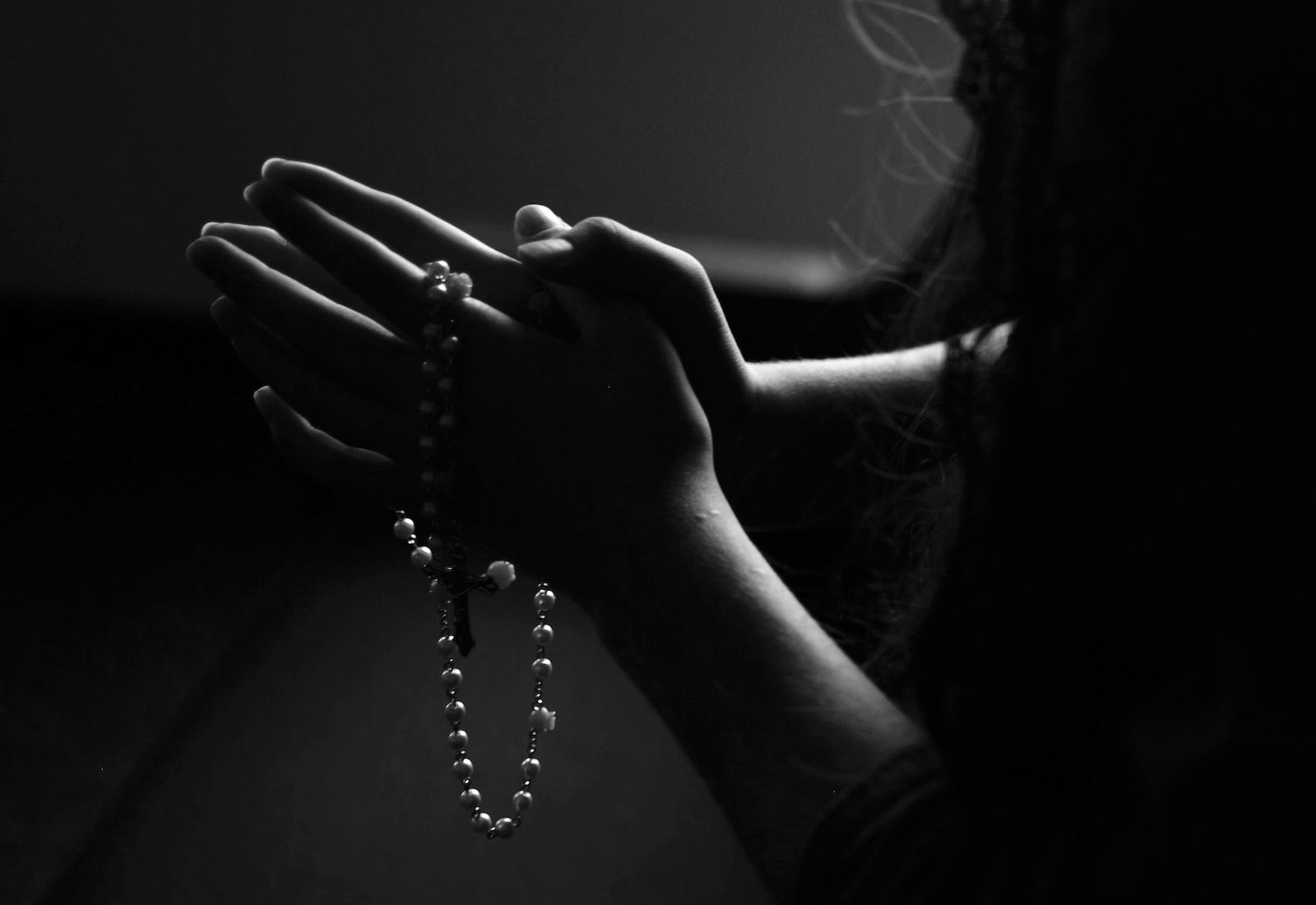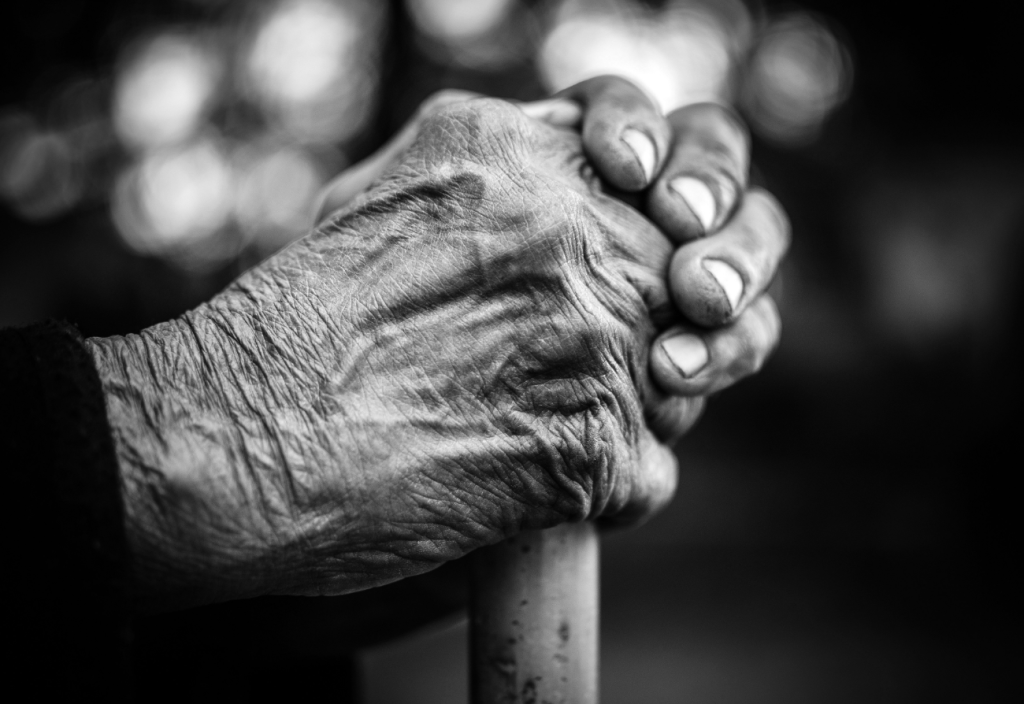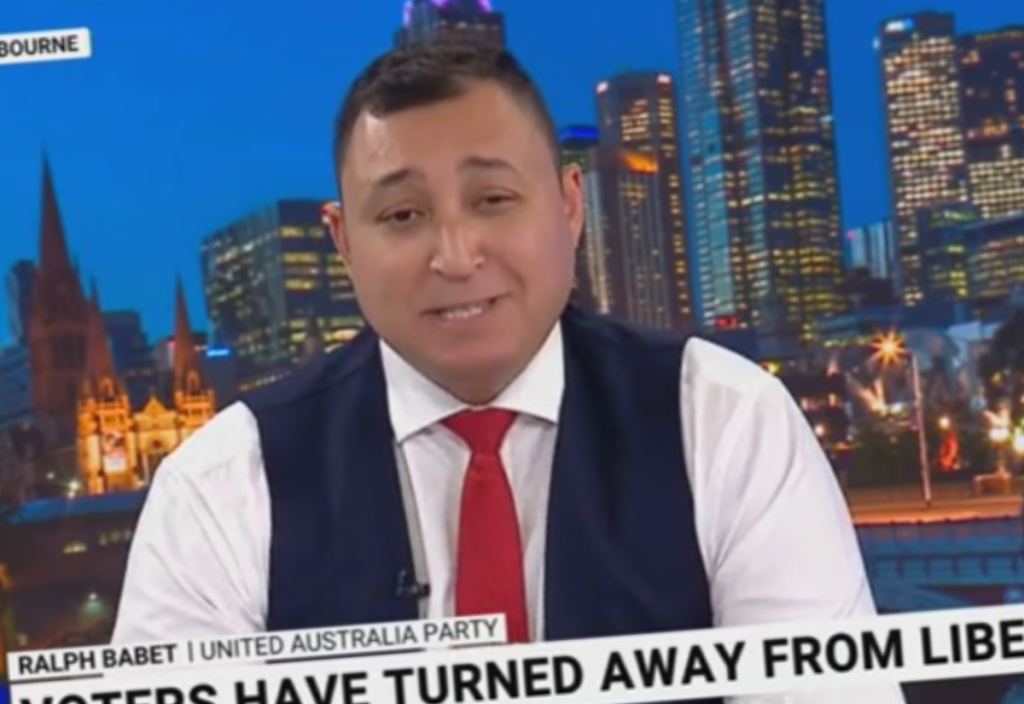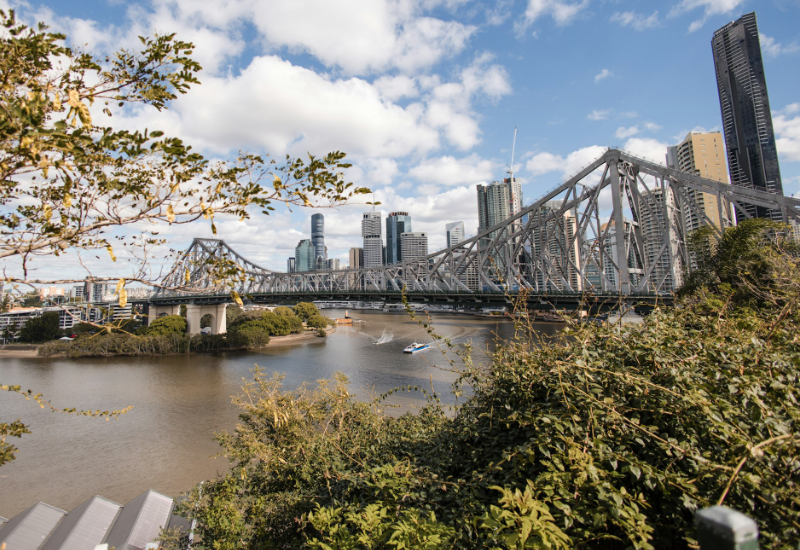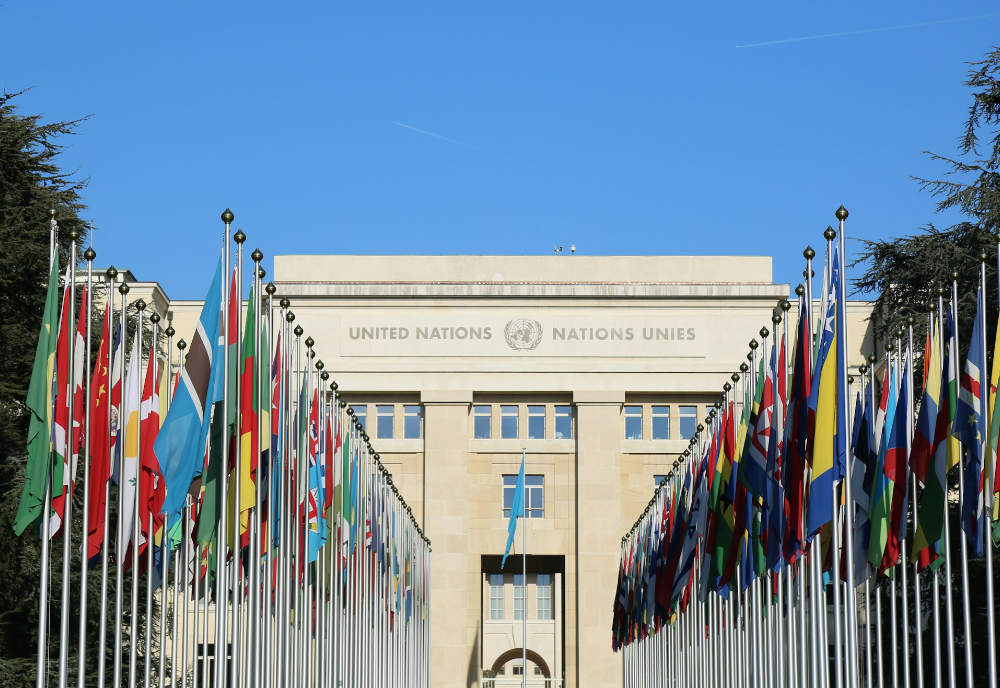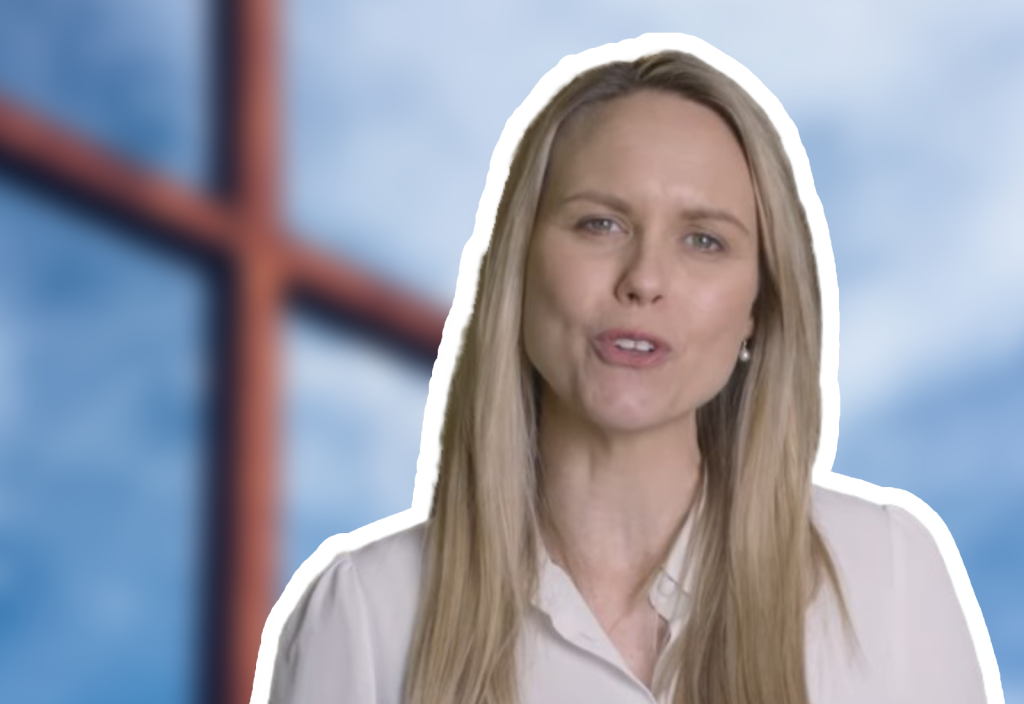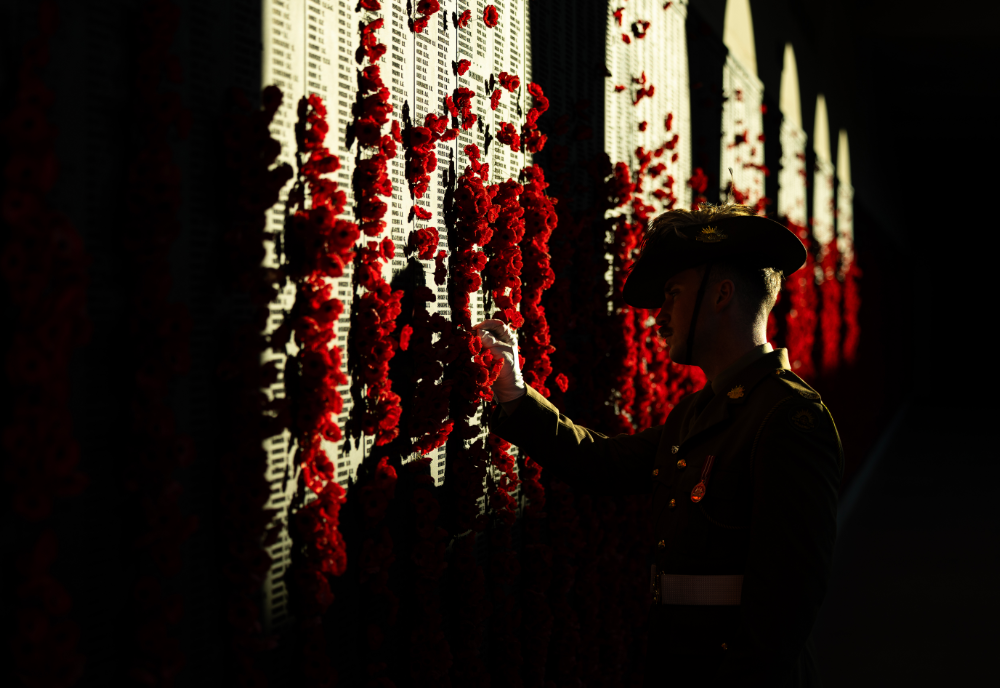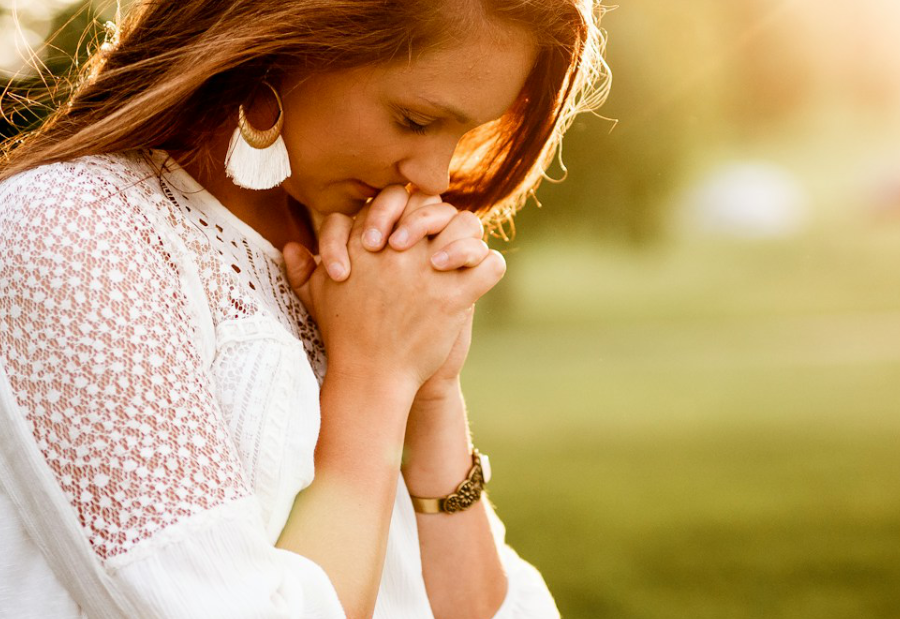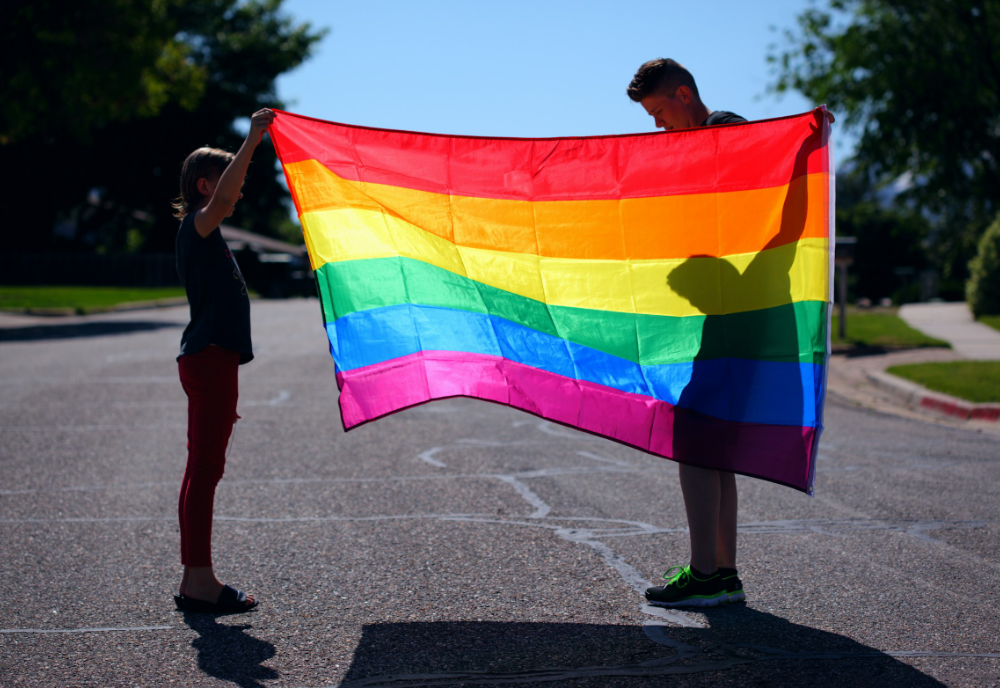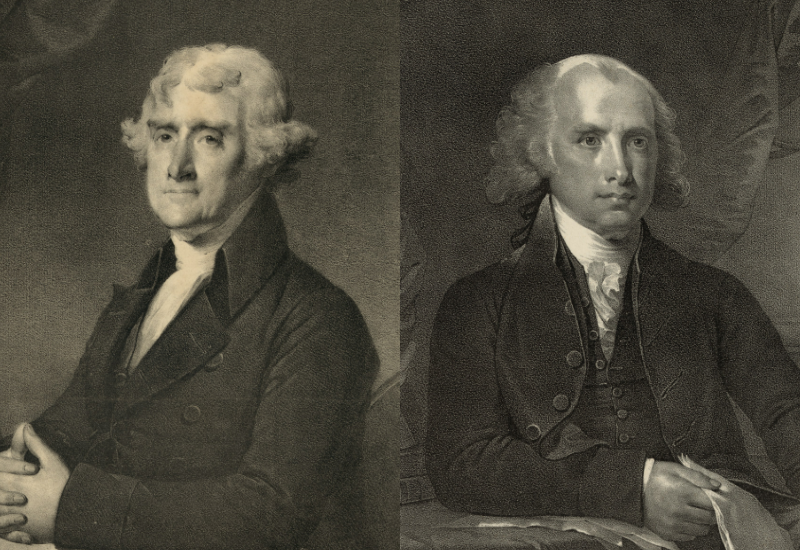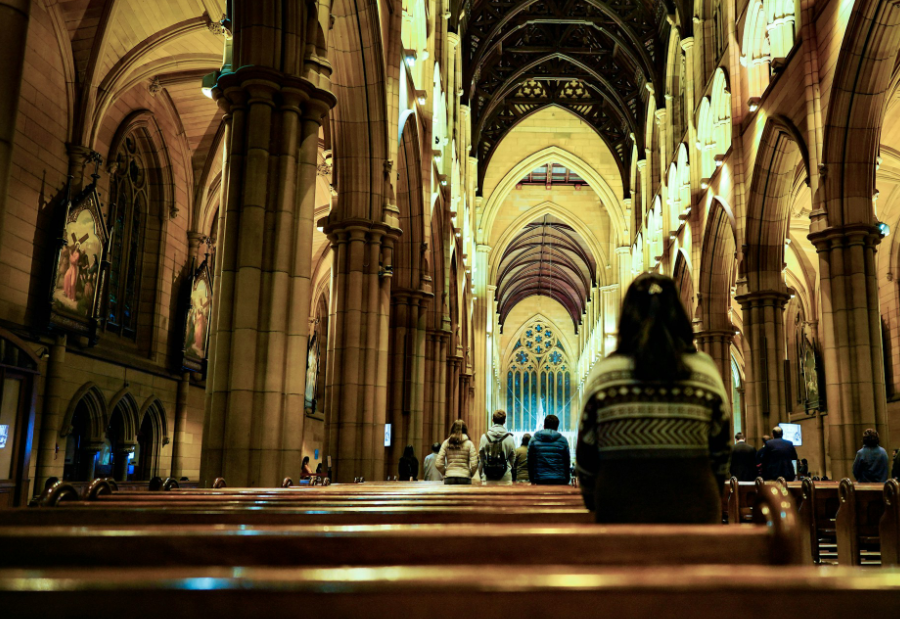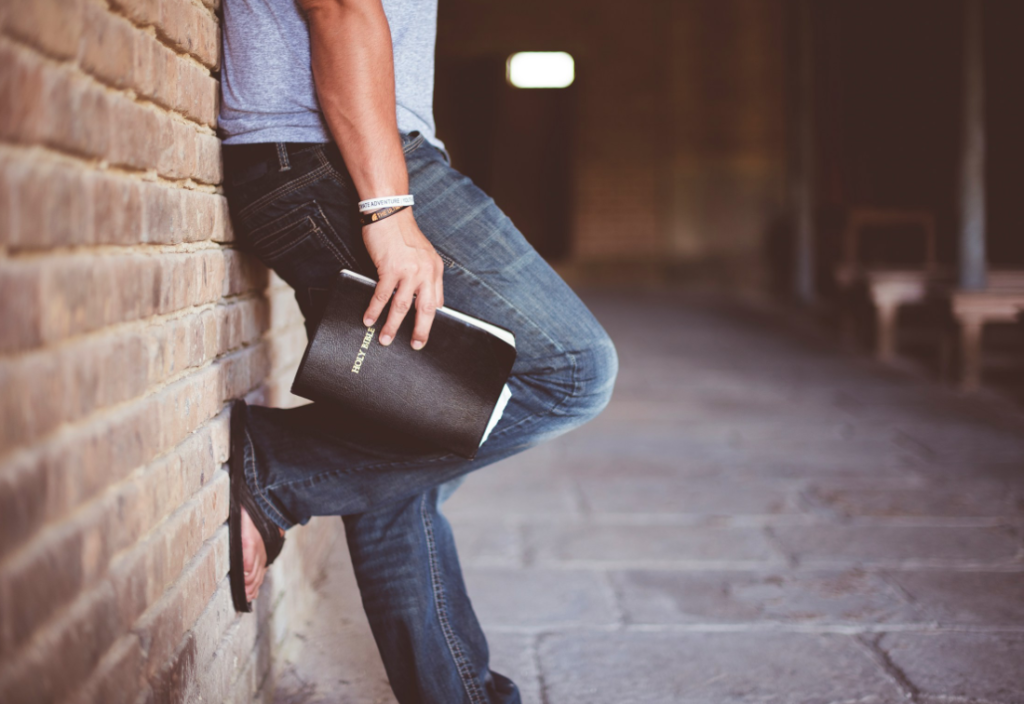This is a lightly edited transcript of a speech given to the Tasmanian Legislative Council 28 March 2023. It is republished with permission of the speaker.
Here in this place, each day we begin proceedings by acknowledging the traditional custodians. The Standing Orders then provide that the President reads two prayers, including the Lord’s Prayer.
For a number of reasons, I believe that this practice should change. And the statement that I propose in the motion would replace the practice of reciting prayers.
Tasmania is recognised nationally as a leader in regards to our anti-discrimination laws and our gender laws. And, as Tasmanians, we are proud of this.
If my colleagues in this place were to support this motion today, Tasmania would, once again, be at the forefront of positive change in addressing inequality and accepting diversity.
In every state parliament and in the federal parliament, the daily opening ritual of the chambers are similar to our current practice in that they include the recital of Christian prayer rituals, including the Lord’s Prayer.
Only in the ACT Legislative Assembly has a parliamentary chamber moved away from prayer rituals. In the mid 1990s – 1995 – the ACT assembly adopted a moment of silence for prayer and reflection to open its sessions.
By voting in favour of this motion today, the Legislative Council would make history by becoming the first chamber in Australia to replace prayers with more secular and inclusive practices – and practices that reflect the diversity of modern Tasmania.
The case for change is clear. The Tasmanian community is rich in diversity. We are made up of people from all kinds of faith backgrounds and people who hold non-religious worldviews. In our population, we have total-faith adherents to total non-faith atheists – and everything in between! It’s that diversity that makes our community special.
Results from the 2021 ABS Census show clearly that the Tasmanian community is rapidly changing. While the majority of Tasmanians may have identified as Christian a number of decades ago, the largest section of our society – over 50 per cent – now identify as having no religious affiliation.
This is a significant increase from the 2016 Census, when 38.2 per cent of Tasmanians identified as non-religious.
Also, the figure of 50 per cent is significantly higher than the national average of 39 per cent. And, Mr President, I will not be surprised if that percentage continues to grow!
In addition to that, 4.5 per cent of Tasmanians said they were affiliated with a non-Christian religion. The most common were Hinduism, Buddhism and then Islam.
Affiliation with Christianity, meanwhile, has fallen sharply. At the 2021 Census, 38.4 per cent of people said they were Christian. According to the ABS, this compared to 49.7 per cent at the Census just five years earlier – in 2016 – and 88.7 per cent at the 1971 Census.
These figures demonstrate clearly that there is now a majority of people in our community who do not identify as having a religious affiliation. Governments elected on such differences have been described as winning with a landslide.
I believe, therefore, that the practices of the parliament need to change to reflect the diversity of the community it serves.
Our parliament is our state’s primary institution of democracy. It should be a place where all feel welcome, where difference and diversity are respected and celebrated, and where people feel treated as equals, with respect and dignity.
All Tasmanians – whether they be elected representatives, staff of the parliament, members of the press, or members of the public – should feel welcome here. Yet I believe that the practice of commencing proceedings each day by reciting Judeo-Christian prayers may actually do the opposite.
By having a favoured religion and by asking all in attendance to observe the worship rituals of that particular faith, the parliament sends a poor signal to everyone else in society – that they are excluded and less worthy. And surely no-one should have to feel that way in our parliament.
As I have outlined, the Tasmanian population has changed, and we now represent people from a wide range of different cultures, people of different faiths and, increasingly, people professing no faith.
There is now an expectation in the community that our government institutions, our schools, our companies, or sporting teams and community organisations will be fully inclusive. And the parliament is no exception.
By having a favoured religion and by asking all in attendance to observe the worship rituals of that particular faith, the parliament sends a poor signal to everyone else in society…
The parliament is a place of work for many. A number of members in parliament may not be of the Christian faith and might even feel uncomfortable being asked to observe the prayers. Some may even avoid attending or listening to the opening of parliamentary proceedings for this very reason.
While it may be appropriate to recite prayers at the start of the working day in a religious institution, our parliament is not a religious institution. Where else in Tasmania are people asked to start their working day by observing prayers?
One of the fundamental rights each of us have is the freedom to choose a religion or not have a religion. Similarly, each of us have the fundamental right to not have tenets of religions imposed upon us. This is the crucial ethical part of religious freedoms that must be balanced with secular rights.
I am not going to delve into the secular argument regarding parliament and religion. However, if politicians and parliaments genuinely believe in freedom of religion, then they must also allow others the right to freedom from religion. And, surely, elected representatives in parliament should have the right to go about their work and to participate in parliament without having to observe acts of religious worship.
I have noted that, in recent times, approximately two-thirds of the members in this place do not actually recite the prayers.
I am not in any way opposed to anyone choosing to start their working day with a prayer of their choice. If it helps them to focus their minds on their responsibilities, I would welcome it and encourage them to do so – in private or with colleagues of the same faith.
But, surely, it is not the parliament’s role, as part of its formal business, to host prayer recitals for people of one particular faith.
We must also not forget that religion for many people can actually be traumatising. In every part of Tasmania, there are people in our community who, for their own reasons, have walked away from religion.
I am aware that a number of people in my community have had negative experiences or have suffered harm with religion. For example, they may have been abused in church environments or have experienced trauma from having been raised in religious cults or fundamentalist households.
So it is understandable that many people will find it confronting that the parliament includes Christian worship as part of formal proceedings, and the experience of hearing the prayers in parliament may trigger negative responses.
The momentum for change is building across the country. While no state and federal parliamentary chambers have acted on this issue, I believe it is only a matter of time before they do so.
Indeed, the Andrews government in Victoria has pledged to introduce a replacement model that would be “purpose-built” for Victoria. I note that the Attorney-General Jaclyn Symes told the Victorian upper house earlier this month that the government would deliver on its 2021 commitment in regards to this.
Over the years, many elected representatives have called for the removal of Christian prayers from parliaments across Australia. I know that many MPs in other state parliaments, and the federal parliament, are opposed to the recital of prayers, and choose to wait outside the chamber while the prayer is recited rather than be forced to participate in a ritual against their values and beliefs.
If that actually happened in this place, we wouldn’t have a quorum.
… if politicians and parliaments genuinely believe in freedom of religion, then they must also allow others the right to freedom from religion.
In 2022, the new President of the Senate, Sue Lines, an atheist, said she wanted to see prayers “gone”. She argued “…if we are genuine about the diversity of the parliament we cannot continue to say a Christian prayer to open the day.”
Across the state parliaments, a number of members have publicly said that they are currently looking to replace prayer rituals – including Brian Walker MLC in Western Australia, Robert Simms MLC in South Australia and Abigail Boyd MLC in New South Wales. So that demonstrates there is quite a breadth of support for prayers to be removed from parliaments.
While progress has been slow in state parliaments and the federal parliament, the story has been much different at the level of local government.
A number of local governments across Australia in recent years have moved away from reciting prayers to instead open their meetings with more inclusive and secular practices – for example, by observing moments of silent reflection or reading a secular statement of how councillors will work in the interests of their community.
In the past couple of years, the councils that have changed their practices include: the Shoalhaven, Wagga Wagga and Lismore councils in New South Wales; and South Gippsland, Wellington, Mornington Peninsula Shire and Greater Bendigo councils in Victoria.
Here in Tasmania, just in the past few months the City of Clarence and Glenorchy Council have replaced Christian prayer rituals with more secular and inclusive practices at the opening of their meetings.
In 2021, the research that I requested from the Tasmanian Parliamentary Research Service – and which was forwarded to all members – showed that, of the 27 Tasmanian councils that provided information about their practices, 20 no longer had prayer rituals.
So, in many local governments it has been possible – and, indeed, uncontroversial – to remove prayer rituals from the formal proceedings of their meetings.
Now, we in this place have an opportunity to follow in the footsteps of these local governments and become the first chamber in a state parliament, or federal parliament, throughout Australia to make this necessary reform.
I note that the other place – the House of Assembly – currently has a slightly different practice to us here in the Legislative Council.
In the House of Assembly, the Speaker acknowledges the Tasmanian Aboriginal people and then invites members to join him in reciting the Lord’s Prayer or in standing in silence and reflecting on their responsibilities to the people of Tasmania.
I note, too, that the Australian Senate last year adopted this same practice – that is, of inviting senators to stand in silence while the prayer is read aloud.
However, I believe that this practice is less than ideal. It still privileges one religion above other religious and non-religious worldviews. It still makes many people uncomfortable by asking them to stand in silence while Christian prayers are read aloud.
In supporting this motion, we as a chamber would also demonstrate our commitment to performing our duties and to participating in discourse in a way that treated each other with respect, dignity and compassion.

This, I believe, would send an important message to the community, too, showing our belief that all people, irrespective of their differences and religious or philosophical beliefs, could work together in the interest of strengthening our communities and advancing our state.
So I urge my colleagues to support this motion and, in doing so, make Tasmania a leader on this issue.
Reciting the prayers as part of our formal proceedings is anachronistic and out of step with our diverse, modern society.
I believe that any parliament that truly values the diversity of the communities they represent would not impose acts of worship in one particular faith tradition as part of their daily practices.
We as Tasmanians value the diversity of our community. It is now time that our parliament does likewise.
Parliament needs to modernise its practices to reflect the diversity of our community and to make the parliament a more inclusive and welcoming place for all people. I believe my motion, in providing a truly secular approach, is the fairest way to achieve this.
Photo by Isabella Fischer on Unsplash.

